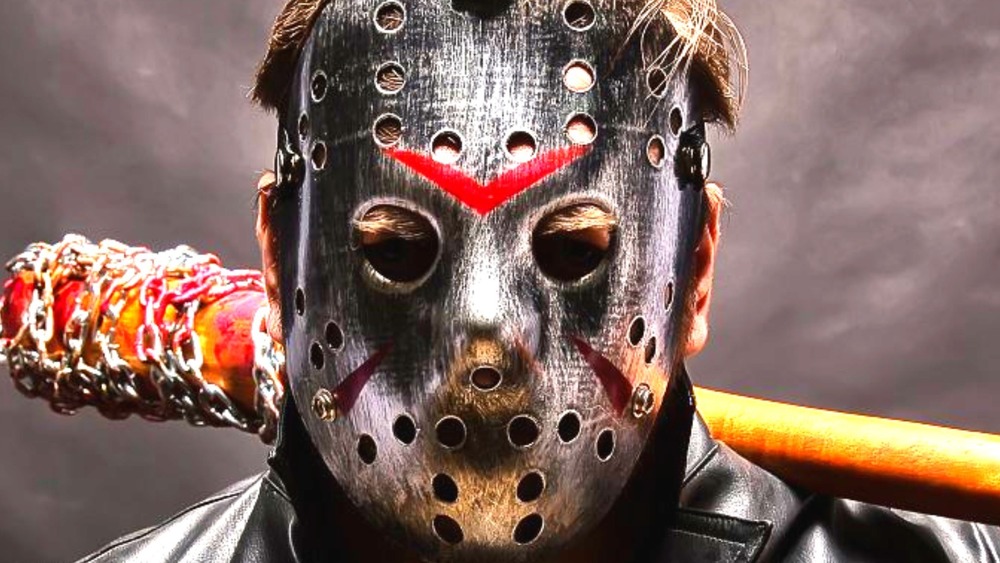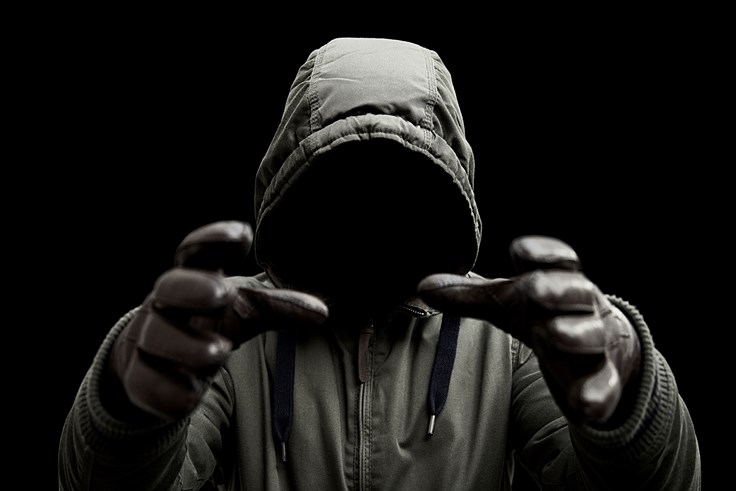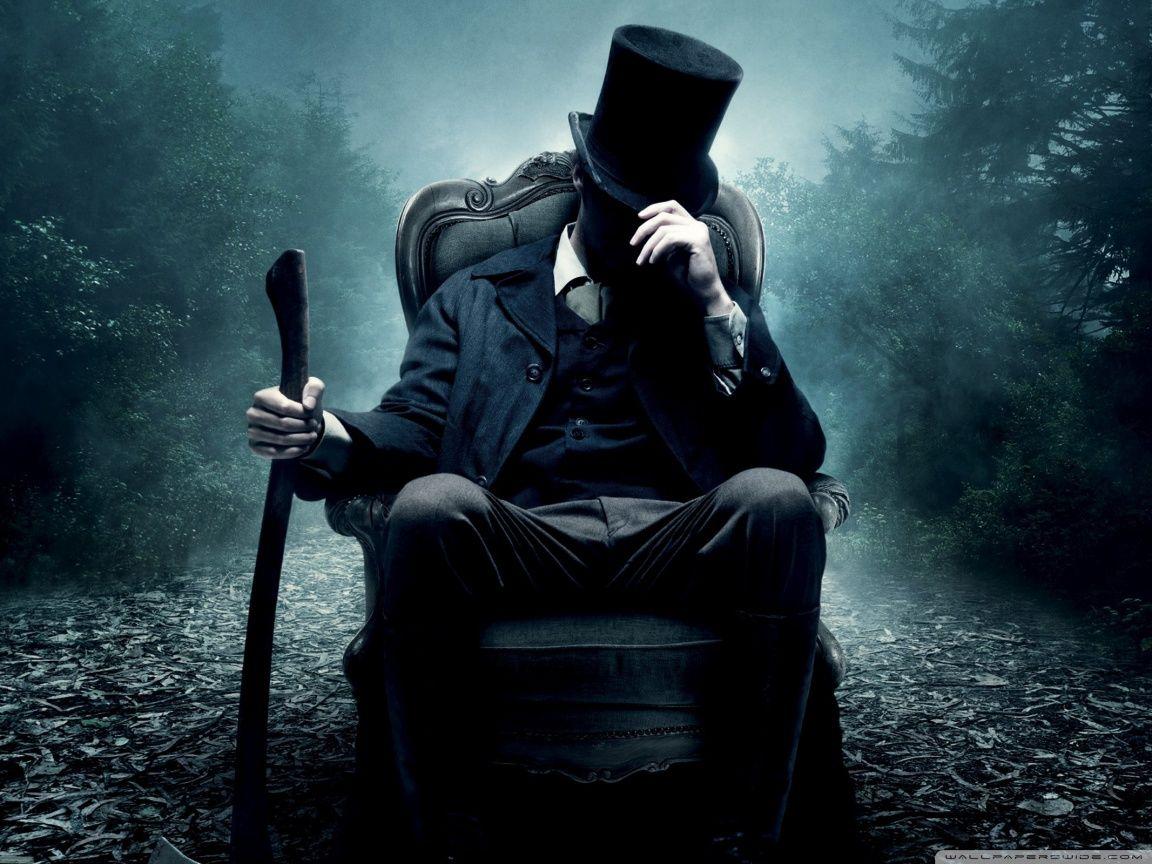Killer Killer Clown - Unpacking The Idea Of A Threat
Sometimes, a phrase pops up that really makes you stop and think, doesn't it? Like, what does it truly mean when we talk about a "killer killer clown"? It's a phrase that brings up all sorts of feelings, a mix of intrigue and maybe a little bit of unease, you know? We often hear the word "killer" thrown around in so many different ways, from scary stories on the big screen to really serious real-life situations, and even in everyday conversations, so it's a pretty versatile word, actually. This article is going to take a closer look at what the idea of a "killer" can mean in various situations, using some bits and pieces of information we have, and then we can sort of see how that might connect to something like a "killer killer clown" in our minds, in a way.
It's interesting, isn't it, how a single word can carry so much weight and shift its sense depending on where you hear it? When we consider something like a "killer killer clown," it seems to bring together a couple of strong images, making us wonder about the nature of something that brings about an end, or maybe something that just causes a lot of trouble. We will, as a matter of fact, explore the many faces of what it means to be a "killer," whether it's a person causing harm, a tough challenge you face, or even just a name for something that has a big impact, good or bad, you know?
So, we're going to unpack these different ideas, looking at how the term "killer" shows up in popular entertainment, in very serious events that have happened, and even in how we talk about things that are just really hard or really good. This way, we can get a better handle on the different layers of meaning that come with this word, and perhaps, just perhaps, it will help us think about what a "killer killer clown" could possibly represent in all its various forms, or how that idea might be put together in our thoughts, too it's almost a thought experiment.
Table of Contents
- What Makes Something a Killer Killer Clown?
- How Do We Define a Killer Killer Clown?
- Is There a Killer Killer Clown Among Us?
- Can a Killer Killer Clown Be a Game?
What Makes Something a Killer Killer Clown?
When we think about something that has a big impact, especially one that's a bit frightening or very powerful, the word "killer" often comes to mind. It's a word that can really grab your attention, you know? But what exactly puts something into that category? What makes something a "killer," particularly if we're also thinking about something as unusual as a "killer killer clown"? It's a concept that can be understood in many ways, depending on whether we're talking about make-believe tales or things that happen in the real world, so it's quite a broad idea.
The idea of a "killer" can be a very serious one, pointing to someone who has taken a life, or something that has caused great loss. Yet, it can also be used in a much lighter sense, perhaps to describe something that is just incredibly difficult or something that is just really, really good at what it does. So, when we put "killer" next to "clown," which typically brings to mind fun and laughter, the contrast is pretty striking, isn't it? It makes you wonder about the layers of meaning that can exist within a single phrase, you know, kind of like a puzzle.
The Idea of a "Killer" in Stories and Films
Let's consider how the idea of a "killer" often appears in stories and on the silver screen. There's this one movie, for instance, that came out in 2023, just called "The Killer." It's an American action thriller, and it was put together by a well-known director, David Fincher, with the words written by Andrew Kevin Walker. This particular film, you see, draws its story from a series of French picture novels, also titled "The Killer," which were created by Alexis, so it has some interesting roots, that.
- Bianca Censori Grammys
- Beyonce Naked
- Samuel Joseph Mozes
- Kim Cattrall Movies And Tv Shows
- Actors From Shake It Up
This film features a group of performers who bring the story to life, including Nathalie Emmanuel, Omar Sy, Sam Worthington, and Diana Silvers. The basic idea of the story involves a person who carries out certain tasks, someone who has been let down by the one who guided them, and as a result, this person who is feeling quite disappointed decides to take one very last chance at their work. It's about someone who is really good at what they do, but they are also dealing with a lot of personal stuff, which is a bit of a common theme in these kinds of stories, actually.
The way the film presents this character, someone who is a "killer," gives us a fictional look at what that role might entail. It's about a person who is skilled in bringing about an end, but the narrative also seems to explore the inner thoughts and feelings of such an individual. This helps us to think about the "killer" not just as an action, but as a person with a background and motivations, however dark they might be. It’s a pretty intense look at that kind of figure, you know, sort of like a character study.
In the context of a "killer killer clown," this movie example helps us see how a story can explore the mind of someone who performs such acts. While the film isn't about a clown, it shows how a narrative can be built around the idea of a person who is a "killer" and the events that shape their actions. It makes you think about how a fictional "killer killer clown" might be portrayed, perhaps with a similar kind of deep background or a set of reasons for their actions, even if those reasons are quite twisted, too it's almost a psychological exploration.
The Harsh Reality - A Real-Life Killer Killer Clown Scenario
Now, shifting from the world of make-believe, the word "killer" also describes very real and very serious events. There was, for instance, a situation in Japan that really brought the meaning of the word home for many people. Japan, on a Friday, carried out a legal punishment for a man who had been given the name "the Twitter killer." This individual was found to have ended the lives of nine people and taken apart their bodies, individuals he had met through online connections, many of them women, you know.
This event marked the first time the country had used this particular form of punishment for such a crime. The details of what he did are quite disturbing, and they show a very dark side of human behavior. This real-life example of a "killer" is a stark reminder that the term isn't always just for stories; sometimes, it refers to truly terrible things that happen in our world, in a way. It's a very serious use of the word, obviously.
When we think about this "Twitter killer" in relation to a "killer killer clown," it highlights the profound difference between a fictional character and a person who actually causes harm. While the source material does not provide extensive personal details or biographical data that would typically fill a table, we can gather the essential facts about this individual from the given information. We know he was referred to as "the Twitter killer," he took the lives of nine people, and he met them through online interactions, with a majority being women. He was also subject to the death penalty in Japan. This information, though limited, paints a picture of a very real and very dangerous individual, someone who truly embodied the term "killer" in the most grave sense, as a matter of fact.
The impact of such an event is deep, leaving a lasting impression on society and reminding everyone about the dangers that can exist, even in online spaces. It shows that the concept of a "killer" is not just something for scary tales but a very real threat that some individuals pose. This real-world example, while not involving a clown, gives a concrete, rather chilling illustration of what it means for someone to be a "killer" in the most literal and tragic sense, you know, really quite unsettling.
How Do We Define a Killer Killer Clown?
The word "killer" itself has a few different meanings, depending on how it's used. It's pretty interesting, actually, how a single word can have so many different shades of meaning. So, how might these various definitions help us understand something as specific as a "killer killer clown"? Let's break down some of the ways this word is commonly understood, and then we can see how those understandings might fit into our broader discussion, in some respects.
Sometimes, a word is very straightforward, but other times, it's used in a more figurative sense, to describe something that isn't literally a person or thing that causes an end, but something that has a similar kind of impact. This flexibility in language means that when we hear "killer," our minds can go in several directions, depending on the context. It's a pretty versatile term, basically.
Different Meanings of a "Killer"
To start, at its most basic, the sense of "killer" is quite simple: it's "one that brings about an end." This is the core meaning, the most direct way to think about it. For instance, you might hear it used in a sentence like, "The authorities are looking for the person who did this," or "He's a person with a disturbed mind, someone who causes an end." These uses are about a person who performs such an act, or who has the intention to perform such an act, you know, pretty clear cut.
Beyond individuals, the term can also describe something that causes many people to perish, especially something like a widespread sickness. The text mentions, "A sickness that was a killer of thousands," which shows how a non-human entity can also be described with this word. It's about the widespread impact and the bringing of an end on a large scale. This kind of "killer" isn't a person, but it has a devastating effect, similar to how a person might, in a way.
So, when we consider a "killer killer clown" through these direct definitions, it points to a figure, perhaps a person, who causes an end, or something that has a similar devastating impact, like a disease. It's the most straightforward interpretation, focusing on the act of causing an end, rather than anything else. This direct sense of the word is often what first comes to mind for many people, naturally.
When "Killer" Becomes a Figure of Speech - The Killer Killer Clown Exam
Interestingly, the word "killer" also has a less literal, more informal sense. In everyday talk, it can mean something that is really, really tough to deal with or get through. For instance, the text points out, "Slang: something that is extremely difficult to deal with or withstand." An example given is, "An assessment that was a real killer." This doesn't mean the assessment literally ended lives; it means it was incredibly challenging, a really hard thing to overcome, you know, like a mountain to climb.
This figurative use also extends to ideas or concepts. The text mentions, "A killer of new ideas." Here, "killer" doesn't refer to a person or a disease, but to something that stops new thoughts or creative solutions from growing. It could be a rigid way of thinking, a set of rules, or a general lack of openness. This kind of "killer" prevents progress or innovation, which, in its own way, brings an end to potential, basically.
So, if we apply this informal meaning to "killer killer clown," it could suggest something that is incredibly difficult to deal with, or perhaps a concept that stops joy or lightheartedness in its tracks. It's not about literal harm, but about something that is overwhelmingly tough or destructive in a non-physical sense. This broader understanding shows how flexible language can be, and how a word like "killer" can be used to describe a range of experiences, from truly awful to just plain hard, you know, kind of fascinating.
Is There a Killer Killer Clown Among Us?
Sometimes, when unusual things happen, people start to look for connections, trying to figure out if there's a pattern, perhaps even a person behind it all. This search for answers often leads to speculation, especially with the way information spreads quickly today. So, when we ask, "Is there a killer killer clown among us?" it brings up the idea of a hidden threat, something or someone operating out of sight, you know, kind of lurking.
The human mind, it seems, really likes to make sense of things, even when the facts are a bit scattered. This natural tendency to connect dots can sometimes lead to theories that aren't quite supported by what's actually happening. It's a pretty common human behavior, actually, to look for a single cause for multiple events, particularly when those events are unsettling, in a way.
The Search for a Killer Killer Clown - Online Speculation
The text touches upon this very human tendency to connect events. It mentions that some people who spend time looking into things online have become quite sure that a person causing harm is responsible for a series of recent unfortunate events across three states in New England. They seem to believe there's one individual behind it all, causing these situations, you know, kind of a unified source for trouble.
However, the text also quickly points out that people who really know a lot about these kinds of situations, the experts, say that it's quite unlikely. They suggest that there are many different reasons why these events might be happening, rather than just one person being responsible. This shows a difference between what some people might think based on what they see online and what professionals understand about complex situations, so it's a pretty clear distinction.
When we consider this in the context of a "killer killer clown," it highlights how easily a narrative can be built around a perceived threat, even if the evidence doesn't truly support it. The idea of a single, scary figure, like a "killer killer clown," can be very compelling, but the reality often has many more layers. It's a reminder to look at things with a thoughtful eye and to consider different explanations, rather than jumping to conclusions, basically.
This situation with the online speculation versus expert opinion shows that while the idea of a "killer killer clown" might be a powerful one in our imaginations, the real world often works differently. It's a good example of how our minds can create a story, but the actual facts might point to something else entirely. It's a valuable lesson about how we interpret information, particularly when it comes to things that cause us concern, you know, something to keep in mind.
Can a Killer Killer Clown Be a Game?
It might seem a bit odd to think about the word "killer" in the context of fun or a game, especially if we're also talking about a "killer killer clown." But surprisingly, the term "killer" does show up in the world of entertainment and puzzles. This just goes to show how adaptable language can be, and how a word with such serious connotations can also be used in a much lighter, more playful way, in a way.
The idea of a "killer" in a game usually means something that is either very challenging, requiring a lot of thought and skill to overcome, or something that is just incredibly good or enjoyable. It's a way of saying that the game is top-notch, or that it really pushes your abilities to their limits. So, how does this lighter side of "killer" connect to our broader discussion, you know, kind of interesting?
The "Killer" in Play - Killer Killer Clown Sudoku
One example of "killer" being used in a playful sense is in the world of puzzles. There's a type of number puzzle called "Killer Sudoku." You can even play it for free online, and it comes in different levels of difficulty, from easy ones for beginners to very challenging ones for those who are quite good at it. It's a game where you have to figure out numbers, a sumdoku number puzzle, to give it its proper name, you know.
When you choose a difficulty level for this puzzle, you're essentially picking how much of a "killer" it's going to be. A "killer" Sudoku isn't literally going to cause any harm; instead, it means the puzzle is going to be incredibly difficult, a real brain-teaser that will challenge your thinking skills. It's about the mental effort required to solve it, and the satisfaction that comes from overcoming a tough challenge, so it's pretty engaging.
So, if we were to imagine a "killer killer clown" in this context, it wouldn't be a scary figure, but perhaps a puzzle or a game that features a clown, and that game is incredibly hard to beat. It would be a "killer" because of its difficulty, not because it causes any actual harm

Killer

56 Unusual Serial Killer Facts (2024) | FactRetriever

Killer Wallpapers - Top Free Killer Backgrounds - WallpaperAccess